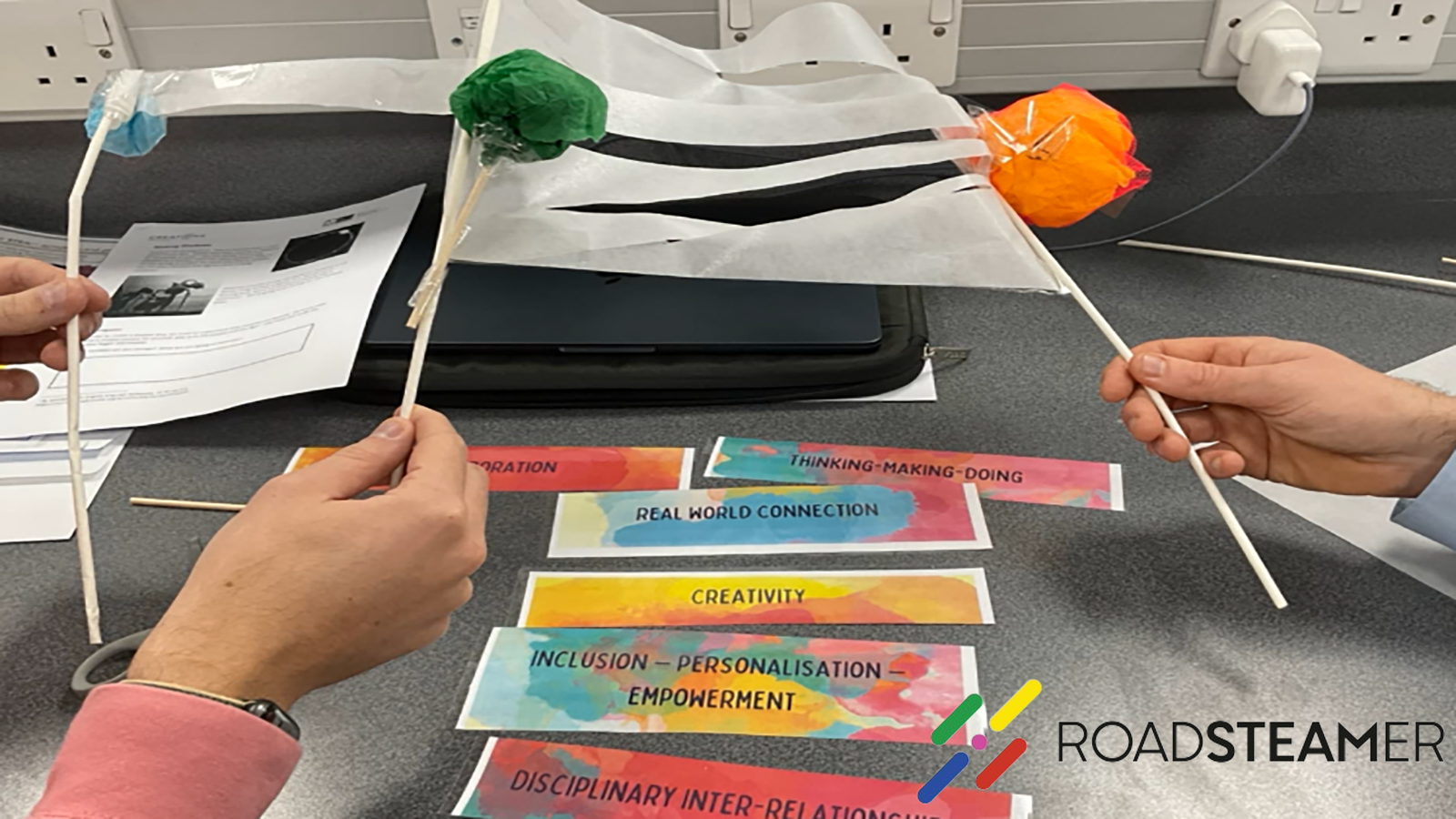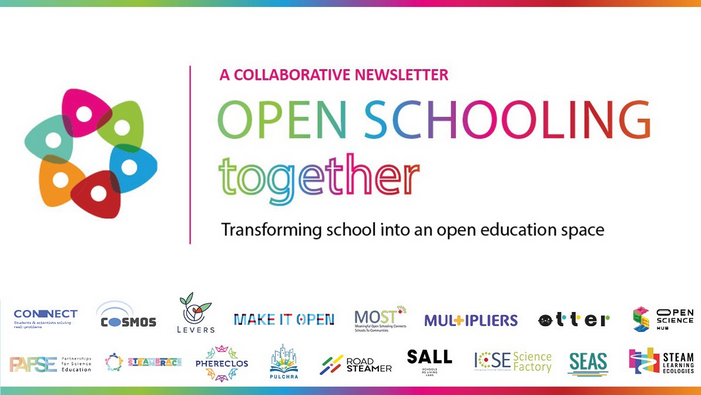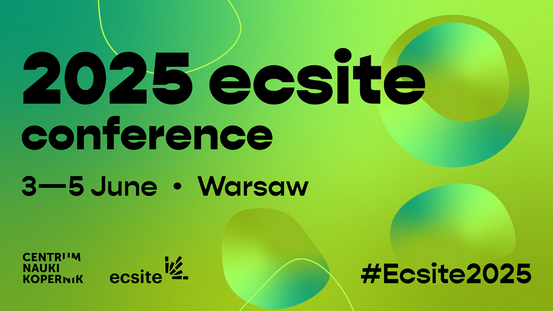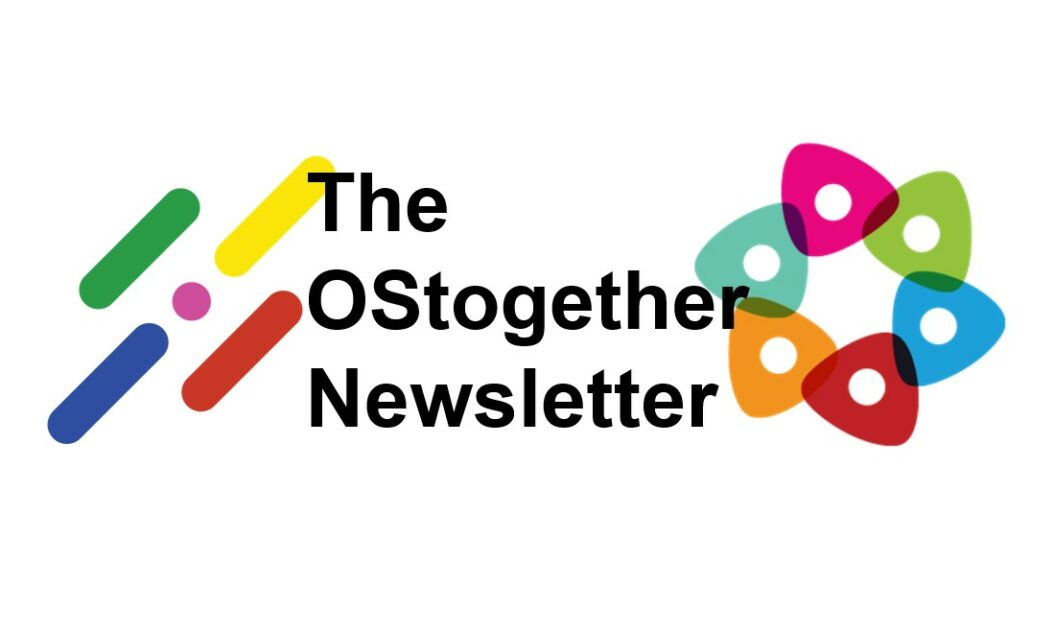On 23 November, primary and secondary science PGCE (Post Graduate Certificate of Education) trainee teachers met at the University of Exter (UK) and participated in an workshop to explore world of STEAM education. The main goal was to encourage these future educators to consider incorporating a STEAM approach into their teaching methods.
The workshop focused on activities regarding the explanation of the principles of light by creating science-based shadow puppet shows. Trainees conducted an enquiry into the formation of shadows and the way light interacts with different materials. Some examples of shadow plays were: depictions of the human reproductive process, lunar eclipse phases, and stages of metamorphosis.
Post-workshop, trainees evaluated their experience using criteria identified by the project to map STEAM practices in Europe. During this reflective process, they considered both the advantages and challenges of adopting a transdisciplinary approach to education. Feedback varied among participants, with some initially resistant and others requiring little encouragement.
A commonly agreed-upon perspective was that “participating in dialogue with others is intrinsic to STEAM,” prompting interesting questions about the broader importance of dialogue in education and how STEAM education can foster exploratory discourse with multiple perspectives.
In response to an open text question, several trainees emphasized that effective STEAM education can “help prepare learners to respond to global issues.” Frequently referencing the term “real-world connection,” they argued that collaborative, interdisciplinary, and creative learning is more reflective of life’s complexities.
Here are some comments from participants:
“Although I was reluctant at the start to put myself out there and be creative with others, I’m glad I did it. The session was not only fun and engaging, but it also increased my sense of obligation to students to allow them and encourage them to be creative through the lens of science lessons “.
“I really enjoyed the collaborative element and working with different groups of? people who offered different perspectives and ideas.”
“I have enjoyed looking at my subject from a different perspective and seeing how I could include other subjects as part of my teaching to enable a more lifelike lens of the world.”
Since our global community faces increasingly urgent real-world problems, adopting innovative educational techniques that develop a dialogic, creative, and transdisciplinary approach to problem-solving becomes imperative for both the current and future generations.



